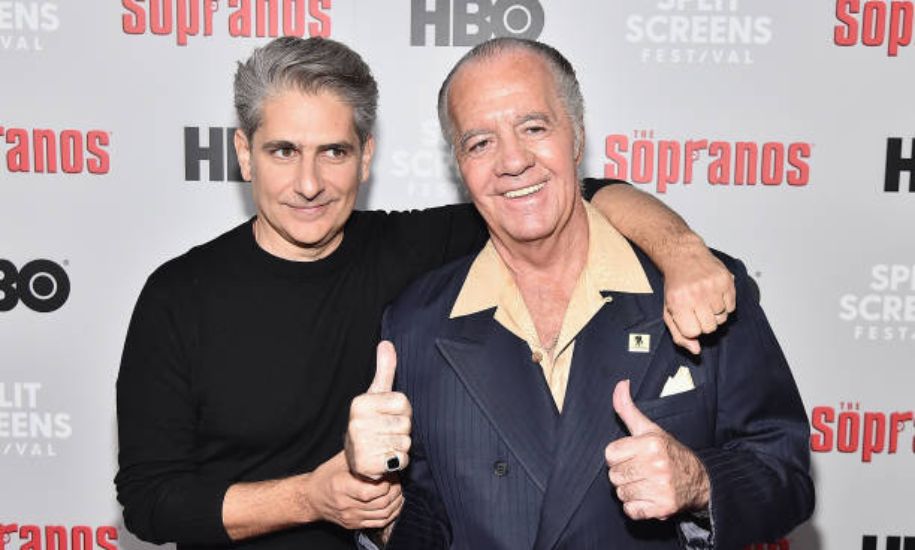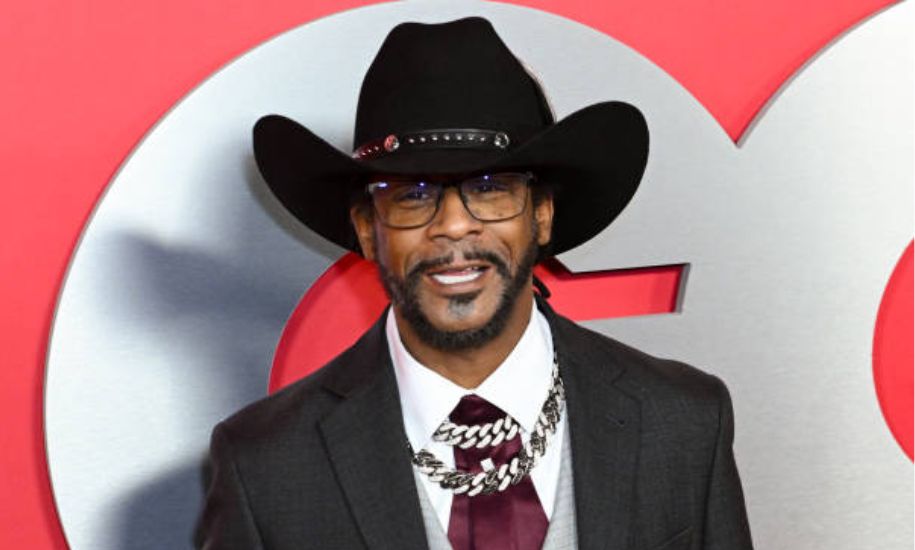Tony Soprano: The Iconic Mob Boss Who Changed Television Forever

When we talk about groundbreaking television characters, few names resonate as strongly as Tony Soprano. Widely regarded as one of the greatest TV characters ever created, Tony Soprano was the heart of HBO’s legendary drama The Sopranos. He was a mob boss, a husband, a father, and a deeply conflicted man whose struggles with power, family, and morality captivated audiences for nearly a decade. But who really is Tony Soprano? What is his backstory, his age, his family life, his wealth, and how does he connect to real-life mobsters? Let’s dive into the life and legacy of Tony Soprano in detail.
Who Is Tony Soprano?
Tony Soprano, full name Anthony John Soprano, Sr., is a fictional character created by David Chase for the HBO television series The Sopranos. Portrayed brilliantly by the late James Gandolfini, Tony is introduced as the head of the North Jersey DiMeo crime family. While he appears to be a ruthless mob boss, his character is far more layered—Tony is a man constantly at war with himself.
On one side, he’s a feared mafia leader who controls a criminal empire involved in racketeering, gambling, loan-sharking, and other illicit activities. On the other, he’s a suburban husband and father who attends therapy sessions to deal with panic attacks, depression, and the overwhelming pressure of balancing two worlds.
This duality made Tony Soprano not just another mob character but a revolutionary figure in television, blending vulnerability with brutality.
Tony Soprano’s Age
Tony Soprano was born on August 22, 1959, in Newark, New Jersey, within the series canon. When the show premiered in 1999, Tony was around 40 years old, already an established mobster with significant influence. By the time the series ended in 2007, he was in his late 40s.
In the prequel film, The Many Saints of Newark (2021), Tony is shown as a child and later as a teenager, giving fans a glimpse into his formative years and his early attraction to the mafia lifestyle. His age progression throughout the saga underscores his transformation from a rebellious youth into a feared mob boss.
Tony Soprano’s Net Worth
Although fictional, Tony’s financial situation has fascinated fans and analysts for years. Various sources estimate Tony Soprano’s net worth between $30 million and $60 million.
Here’s a breakdown of where this wealth is believed to have come from:
- Criminal enterprises: Tony earned millions through illegal gambling operations, loan-sharking, protection rackets, and mob-controlled unions.
- Legitimate businesses: He invested in and controlled several “front” businesses, including the Bada Bing! strip club, construction companies, and waste management firms.
- Luxury lifestyle: Despite his wealth, Tony was known for spending lavishly on cars, boats, vacations, and gifts for his family and mistresses.
The show cleverly demonstrated how mobsters launder and hide wealth, blending illicit cash with legitimate fronts. While exact numbers vary, it’s safe to say Tony Soprano lived a life of luxury that made him one of television’s richest fictional crime bosses.
Movies and TV Shows with Tony Soprano
The Sopranos (1999–2007)
Tony’s most significant appearance is in HBO’s The Sopranos, a six-season series that redefined television storytelling. The show followed Tony’s life as a mafia boss struggling with anxiety and family pressures. It won 21 Primetime Emmy Awards and is widely considered one of the best TV shows of all time.
The Many Saints of Newark (2021)
This prequel film, set in the 1960s and 1970s, shows Tony Soprano’s youth. Interestingly, the young Tony was played by Michael Gandolfini, James Gandolfini’s real-life son, giving fans a poignant connection between the character’s past and present.
Tony Soprano and Real-Life Mobsters
While Tony Soprano is fictional, the character draws heavy inspiration from real-world mafia figures.
- Vincent “Vinny Ocean” Palermo: A real New Jersey mobster from the DeCavalcante crime family, whose life bore striking similarities to Tony’s. He even ran a strip club, echoing Tony’s ownership of the Bada Bing!.
- Richie “The Boot” Boiardo: Another New Jersey crime boss, often cited as a major influence on David Chase’s creation of Tony.
David Chase has admitted that while Tony isn’t a direct copy of any one mobster, he’s a composite figure inspired by these notorious men and Chase’s own observations of Italian-American culture in New Jersey.
Tony Soprano’s Family: Married Life and Kids
Married To: Carmela Soprano
Tony’s wife, Carmela Soprano (played by Edie Falco), is a central character in the series. Their marriage is a complex one, marked by love, betrayal, moral conflict, and a constant push-pull between loyalty and resentment. Carmela enjoys the privileges of wealth but struggles with the moral cost of her husband’s criminal life.
Extramarital Affairs
Despite being married, Tony is infamous for his affairs, engaging in relationships with women such as Irina Peltsin, Gloria Trillo, Valentina La Paz, Svetlana Kirilenko, and Julianna Skiff. These affairs highlighted Tony’s restless nature and his inability to find satisfaction even within his privileged life.
Kids
Tony and Carmela have two children:
- Meadow Soprano: The eldest child, Meadow, is intelligent and ambitious. She initially dreams of becoming a doctor but later pursues a career in law. Meadow represents the hope for a different future away from crime.
- Anthony “A.J.” Soprano Jr.: Tony’s son, A.J., struggles with depression, immaturity, and a lack of direction. His character arc reflects the difficulty of growing up under the shadow of a powerful father and the burden of expectations.
The Soprano family dynamic was central to the series, showing that even mob bosses face the same struggles as any suburban household—only with higher stakes.
Tony Soprano’s Legacy in Pop Culture
Tony Soprano redefined television. Before The Sopranos, mobsters were typically confined to films like The Godfather and Goodfellas. By bringing a mafia boss into the long-form TV format, HBO allowed audiences to explore his psychology in unprecedented depth.
The therapy sessions with Dr. Jennifer Melfi provided groundbreaking insights into the vulnerabilities of a man who, on the surface, seemed invincible. The series made it acceptable—and even fashionable—for TV characters to be morally ambiguous. Without Tony Soprano, we likely wouldn’t have later anti-heroes like Walter White (Breaking Bad) or Don Draper (Mad Men).
Tony’s cultural influence extends beyond TV. He has been parodied in comedy sketches, referenced in rap lyrics, and even studied in academic courses analyzing modern storytelling.
Conclusion
Tony Soprano remains one of the most influential characters in television history. From his dual life as mob boss and family man to his struggles with morality, mental health, and loyalty, Tony represented a new wave of storytelling—complex, gritty, and profoundly human. His wealth, his family, and his connections to real-life figures only added layers of intrigue.
Whether you view him as a villain, an anti-hero, or a tragic figure, there’s no denying Tony Soprano’s impact on pop culture. He wasn’t just a mob boss—he was a symbol of television’s golden age, a character who blurred the line between good and evil, and someone whose story continues to resonate years after The Sopranos finale.
For more in-depth articles on pop culture, TV legends, and iconic characters, visit fanzineblog.

